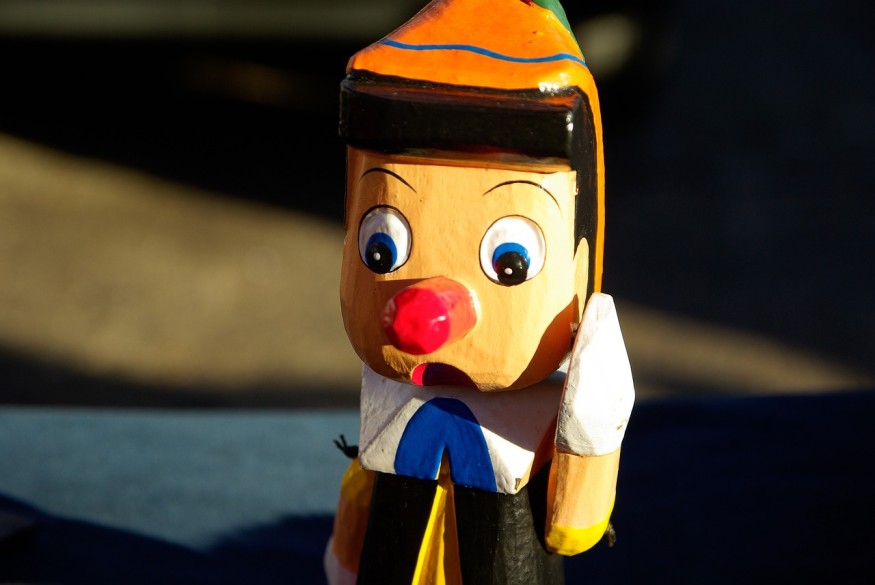People usually do not like to be associated with those who lie. But it is a fact that all people lie from time to time and take different shapes and forms, such as omitting details and telling false information, among others. It is almost as if lying is instinctive because even young children lie without realizing it, as per Everyday Health.
But no matter how common it is to lie, it is still considered impolite and bad behavior. Being lied to can cause problems in the relationship as it breaks the trust between people. So, how can people spot the liar?

The Problem in Identifying a Liar
According to recent research from the University of Amsterdam's Leugenlab (LieLab), the best way to detect a lie is by paying attention to the level of detail in a person's story. Suppose a person offers a lot of specific details about who, what, when, how, and why; they are most likely telling the truth. If they are brief or vague, they are probably lying. The accuracy rate of this simple test is almost 80%.
According to Science Alert, multiple indicators are usually used to assess whether someone is lying. For example, physical signs such as shifty eyes and nervousness, or technological aids like the lie detector, which analyzes various physiological responses such as heart rate and breathing rate.
Yet, expert analyses indicate that, despite being trained professionals, those attempting to assess truth from falsehood barely perform better than random chance. Integrating several conflicting pieces of information to establish a binary decision about a person's truth-telling ability is difficult.
As Bruno Verschuere, the study's lead author, has pointed out in a press release that is assimilating and analyzing every available signal quickly is impossible. Also, people have pre-conceived stereotypes about what guilty or innocent people should look like, but these are unreliable predictors of deception.
Strategy to Spot a Liar
Researchers said in the press release that the best way to detect lies is to focus solely on the level of detail in an account. In nine studies, over 1,400 participants guessed whether a series of accounts, in video interviews, transcripts, live interviews, and handwritten statements, were true or false.
Those who relied on pure intuition or used many factors to make their decisions were no more successful than those who guessed randomly. Meanwhile, those who focused only on the level of detail in the accounts were 59-79% accurate in identifying lies.
The team believes that the radical solution of ignoring all data apart from the level of detail has the potential to yield more accurate judgments of truth and lies. Existing stereotypes about innocence and guilt are more likely to interfere with lie detection than simple reliance on detail.
However, the reliability of the technique may vary by context. For example, in high-stakes situations, those lying may provide a surfeit of details to increase their credibility. Despite the huge amount of data that modern technology can offer to enhance lie detection, this information overload can retard, rather than improve, the detection of lies.
Furthermore, in a previous study using 11 criteria to detect lies, the researchers discovered that examiners tended to dismiss irrelevant data, giving more attention to the level of detail. The researchers suggest that sometimes, "less is more" when detecting lies.
RELATED ARTICLE : Psychologists Warn Pausing To Think Before Speaking Could Make You Look Like a Liar
Check out more news and information on Psychology in Science Times.
© 2026 ScienceTimes.com All rights reserved. Do not reproduce without permission. The window to the world of Science Times.












